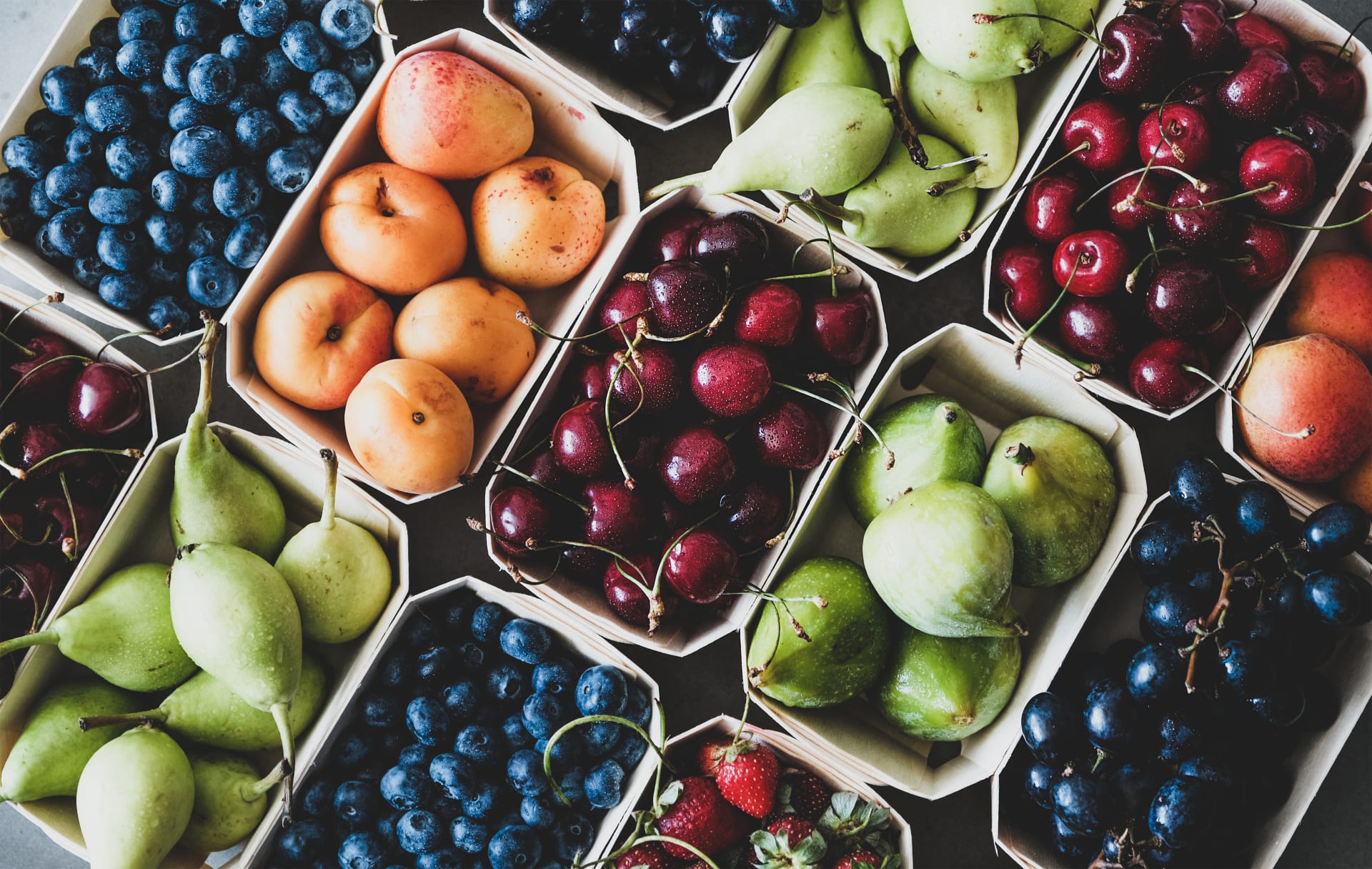You are using an outdated browser. Please upgrade your browser to improve your experience and security.
Celebrate local & seasonal
The issues
Fruit features heavily in sweet gastronomy. We all know that fruit is very much seasonal produce but suppliers accessing the global economy can create the impression that all fruits are available all year round. As a result, it can become second nature for chefs to source ingredients out of their local growing season, sometimes from far away.
Customers often expect to see certain dishes on the menu. You may feel like you need to keep firm favorites such as a strawberry tart or a Tarte Tatin on the menu all year round, which makes choosing seasonal ingredients difficult.
Why it matters
Buying local produce in season is a shortcut to fresher, tastier, healthier ingredients. Seasonal fresh food, with shorter food miles, often has a smaller environmental footprint. Quality and costs can also be better controlled. At the same time, it also provides a valuable investment in the local economy, helps establish and maintain local food resilience and protects local food heritage. Serving locally sourced food also helps give customers more transparency and traceability over what they’re eating.
Top tips to celebrate local & seasonal
- Know where all your ingredients come from, ideally down to farm level and source from at least one local farm or producer
- Change your pastries and desserts with the seasons and promote seasonal specials to increase their appeal


